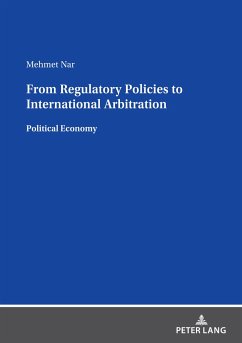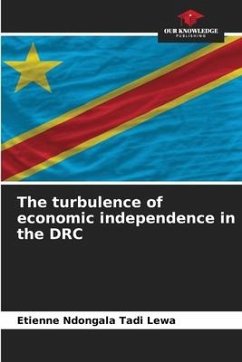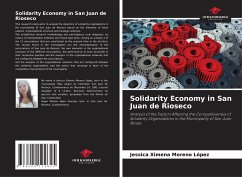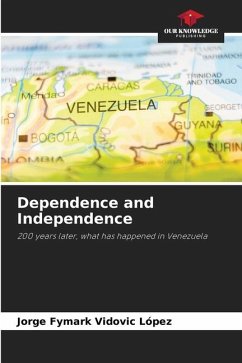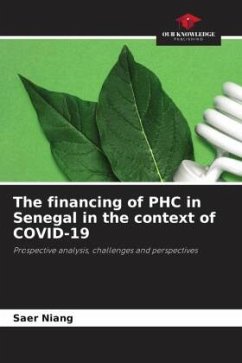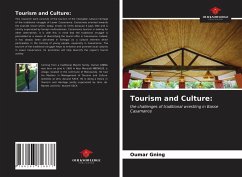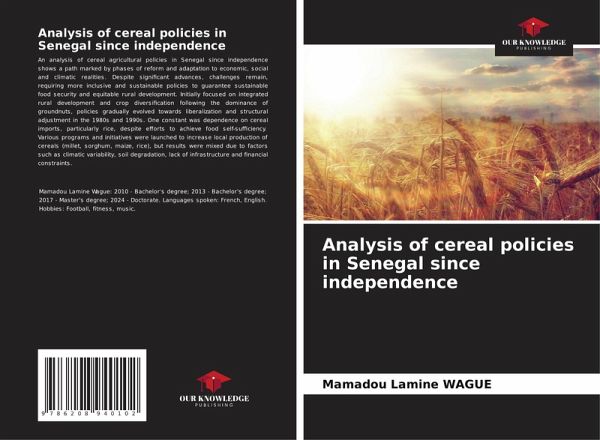
Analysis of cereal policies in Senegal since independence
Versandkostenfrei!
Versandfertig in 6-10 Tagen
29,99 €
inkl. MwSt.

PAYBACK Punkte
15 °P sammeln!
An analysis of cereal agricultural policies in Senegal since independence shows a path marked by phases of reform and adaptation to economic, social and climatic realities. Despite significant advances, challenges remain, requiring more inclusive and sustainable policies to guarantee sustainable food security and equitable rural development. Initially focused on integrated rural development and crop diversification following the dominance of groundnuts, policies gradually evolved towards liberalization and structural adjustment in the 1980s and 1990s. One constant was dependence on cereal impo...
An analysis of cereal agricultural policies in Senegal since independence shows a path marked by phases of reform and adaptation to economic, social and climatic realities. Despite significant advances, challenges remain, requiring more inclusive and sustainable policies to guarantee sustainable food security and equitable rural development. Initially focused on integrated rural development and crop diversification following the dominance of groundnuts, policies gradually evolved towards liberalization and structural adjustment in the 1980s and 1990s. One constant was dependence on cereal imports, particularly rice, despite efforts to achieve food self-sufficiency. Various programs and initiatives were launched to increase local production of cereals (millet, sorghum, maize, rice), but results were mixed due to factors such as climatic variability, soil degradation, lack of infrastructure and financial constraints.



